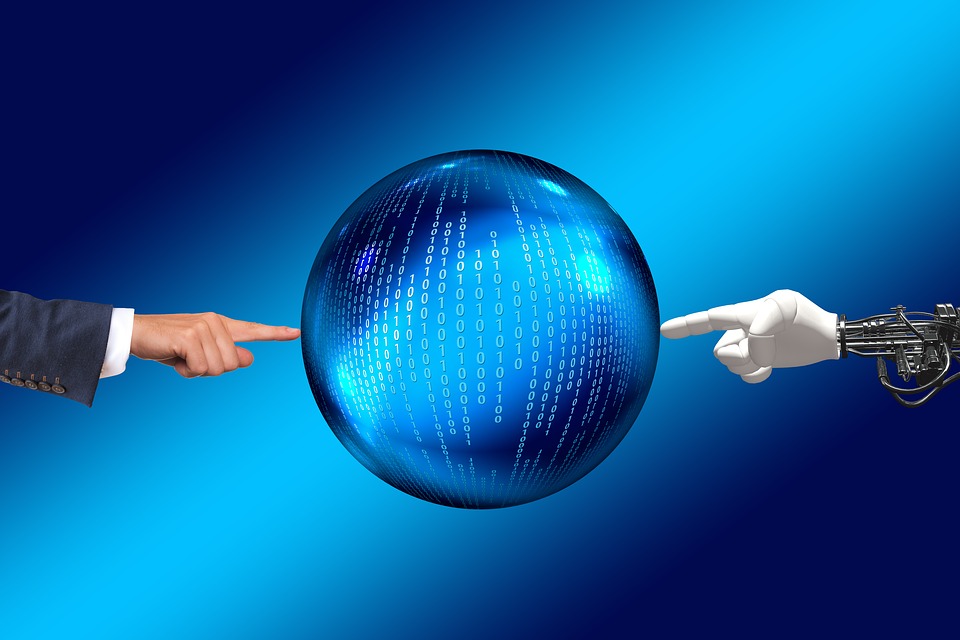By Jean-Jacques DeLisle, contributing writer
Artificial general intelligence (AGI) is the concept of man-made machines that can emulate the massively complex inner-workings of the human brain. Without being truly alive, an AGI would not only need to achieve visual perception, speech recognition, decision-making, and translation between languages, but it would have to adapt to its environment and achieve robotic free will. This would require the machine to learn from one experience and apply that knowledge to later events, all on its own volition. True learning and understanding in respect to the full range of human cognitive ability in programming is something as yet unobtained, but that has not stopped AI developers from trying. It may be that they have finally found a way.
Almost all of the major companies that lead the world in technological exploration have been working tirelessly to produce advancements in the realm of automation. The ever-growing demand for the elusive concept known as artificial intelligence (AI) has sparked a war-like arms race among the tech giant heavy-hitters. Hanson Robotics, Google, Amazon, Apple, Facebook, and IBM are only a few that have thrown their stakes into this so-called tech war. Each of these businesses is fighting to be the creator of a true artificial general intelligence (AGI).

Can humans and AI work in harmony? Image source: Pixabay.
Modern examples of AI include time-sharing operating systems, autonomous driving algorithms, distributed processing, automatic programming, agent systems, reflective programming, object-oriented programming, and the very clever Sophia (robot), all of which are derived from extremely complex algorithms of code. So complex, in fact, that some are estimating that there are only 10,000 people worldwide with enough experience and talent to accomplish new feats in AI progression. With just a few thousand companies working on AI and at the rate at which they currently are advancing it, the plausibility that they alone will soon be able to create fully autonomous systems is low. If these AI researchers hope to advance in this field, it seems that they’ll need some help.
This need for advanced programmers and experienced engineers for AI research has created a shortage of experts in the field. Some companies, like Google, have thought of new ways of filling this void. Google’s new tech-baby AutoML, or autonomous machine learning, is one such new approach. AutoML is a group of computer algorithms that can learn to perform particular tasks on their own by analyzing data. Google’s plan is to use these algorithms to make more machine-learning algorithms.
Along the same lines, vice president Joseph Sirosh of Microsoft recently unveiled a tool to help coders make deep neural networks, a series of computer algorithms that have been able to help researchers in the AI field. “We are eliminating a lot of the heavy lifting.” he said. This means that code is making AI code that can read other AI code and help fix it. It also means humans and AI working hand in hand.
The ability for engineering more and convenient forms of AI has been at the forefront of computer science research since the dawn of the technological age, but with little headway so far in the effort to create AGI, it seems that using AI to compute out more AI is the only solution. Yet not everyone agrees with the approach. Many believe that there are a multitude of jobs that AI-governed robots would have trouble doing. AI skeptics think that once AI flourishes, robots will enslave all mankind. On the other hand, many attest to the advantages of automation doing jobs that are generally dangerous for humans, and many believe that not only is AGI inevitable, but very helpful. Imagine free, public worldwide transportation, with no risk of fatalities. Or a robot doctor that never made mistakes during surgery. Some even argue that AI will eventually replace a majority of the workplace. Former president of Google China, Kai-Fu Lee, who is now chairman and CEO of Sinovation Ventures, said that about half of all jobs will vanish over the next decade and be replaced with AI.
Perhaps the culmination of human brain power and AI will finally conquer the perplexing theory of “true automation.” But will AI solely be the herald of this new age, and what sacrifices will the advancement of this tech age force humanity to make? Will AI be a blessing to mankind, or will it bring about the destruction of our economic structure? Like AGI itself, these are questions to which answers are far from being obtained.
Advertisement
Learn more about Electronic Products Magazine





